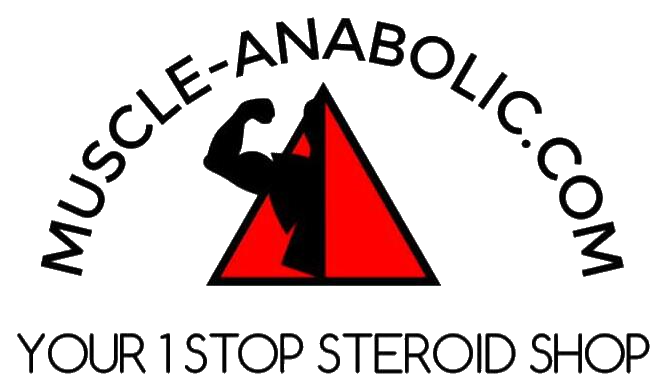Achieve a lean physique. Many fitness enthusiasts seek effective supplements. Cutting fat demands smart choices. You...

Supplements That Support Joint and Tendon Health
Staying physically active forms the foundation of overall wellness. However, our joints and tendons may face challenges over time, which can impact performance and comfort. For instance, athletes and fitness enthusiasts often experience wear and tear, and therefore, they seek practical solutions to support their bodies. Furthermore, as we age, natural processes can lead to diminished mobility and increased discomfort. Consequently, many people explore various ways to care for their connective tissues proactively. Some turn to specialised dietary products and ingredients to assist their body's natural functions. In fact, multiple nutrients play crucial roles in preserving the structure and integrity of our joints. For example, specific vitamins and minerals are essential for building strong cartilage. As a result, many people consider adding targeted nutrients to their daily regimen. In this article, we examine some widely used supplements designed to support joint function that are currently available. The discussion will cover both the advantages and possible drawbacks associated with these supplements. Gaining insight into these choices enables you to make well-informed decisions about your health and fitness routine. It's important to know what these compounds can and cannot do for you. It is recommended to consult a healthcare professional before starting any new supplement regimen. Doing so helps confirm that the products are appropriate and safe for your personal use.
Key Supplements for Joint Function
Different compounds help support healthy connective tissue. Firstly, glucosamine and chondroitin are popular choices. The body naturally produces both of these substances. Therefore, taking them as a supplement may help with joint discomfort. Some research suggests they slow down cartilage degradation. These supplements may also hold water within the cartilage. In addition, omega-3 fatty acids, often found in fish oil, can benefit joint health. They help produce anti-inflammatory chemicals in the body. They may lessen joint swelling and stiffness. Moreover, you can also support your tendon support nutrition with other compounds. Take turmeric, for example; its active compound, curcumin, is well-known for its potent anti-inflammatory effects. Furthermore, MSM (methylsulfonylmethane) is a sulfur-based compound. Your body uses sulfur to create connective tissues. Thus, it might help alleviate pain and swelling. Collagen is another supplement gaining popularity. It is the primary protein in your connective tissues. Taking a collagen supplement might help improve overall joint comfort. These nutrients, therefore, provide a comprehensive approach to joint care.
The Benefits and Risks of Joint Support
The positive effects of these supplements can differ widely from person to person. For many, they help ease persistent discomfort. They also help maintain your full range of motion. Such options can be beneficialbeneficial for individuals seeking to improve flexibility and mobility. Some people report a noticeable improvement in their ability to perform daily activities. However, it is vital to know that these supplements are not a cure. The effectiveness of any supplement varies from individual to individual. What proves effective for one individual may not deliver the same results for someone else. Conversely, certain supplements may carry potential side effects. Glucosamine sometimes causes mild stomach issues. These can include nausea, heartburn, or diarrhoea. Moreover, some of these supplements may interfere with blood-thinning medications. Individuals with shellfish allergies should take caution, as numerous glucosamine supplements are sourced from shellfish. Make sure to review product labels carefully and look for any cautionary notes. The aim is to promote your body’s health in a safe and efficient manner. Ultimately, you must choose products carefully.
Important Considerations for Wellness
While some substances can aid your health, others can cause harm. For instance, some people may abuse growth hormone, believing it will build muscle faster. However, this is a dangerous practice with severe consequences. Misuse of growth hormones often leads to joint and muscle discomfort as a frequent side effect. This serves as a clear reminder that shortcuts are not the solution. To ensure cartilage and joint care, focus on a well-rounded diet and regular exercise. You can easily find support from communities online, for instance, in forums. Here, people share personal experiences with various remedies. They emphasise the value of paying attention to your body’s signals. Ultimately, maintaining healthy joints and tendons is a long-term commitment. It requires a balanced lifestyle and thoughtful choices. These include your diet, exercise routine, and any supplements you might consider. Always opt for natural, proven methods. Prioritise what is genuinely good for your body.
















Leave a comment